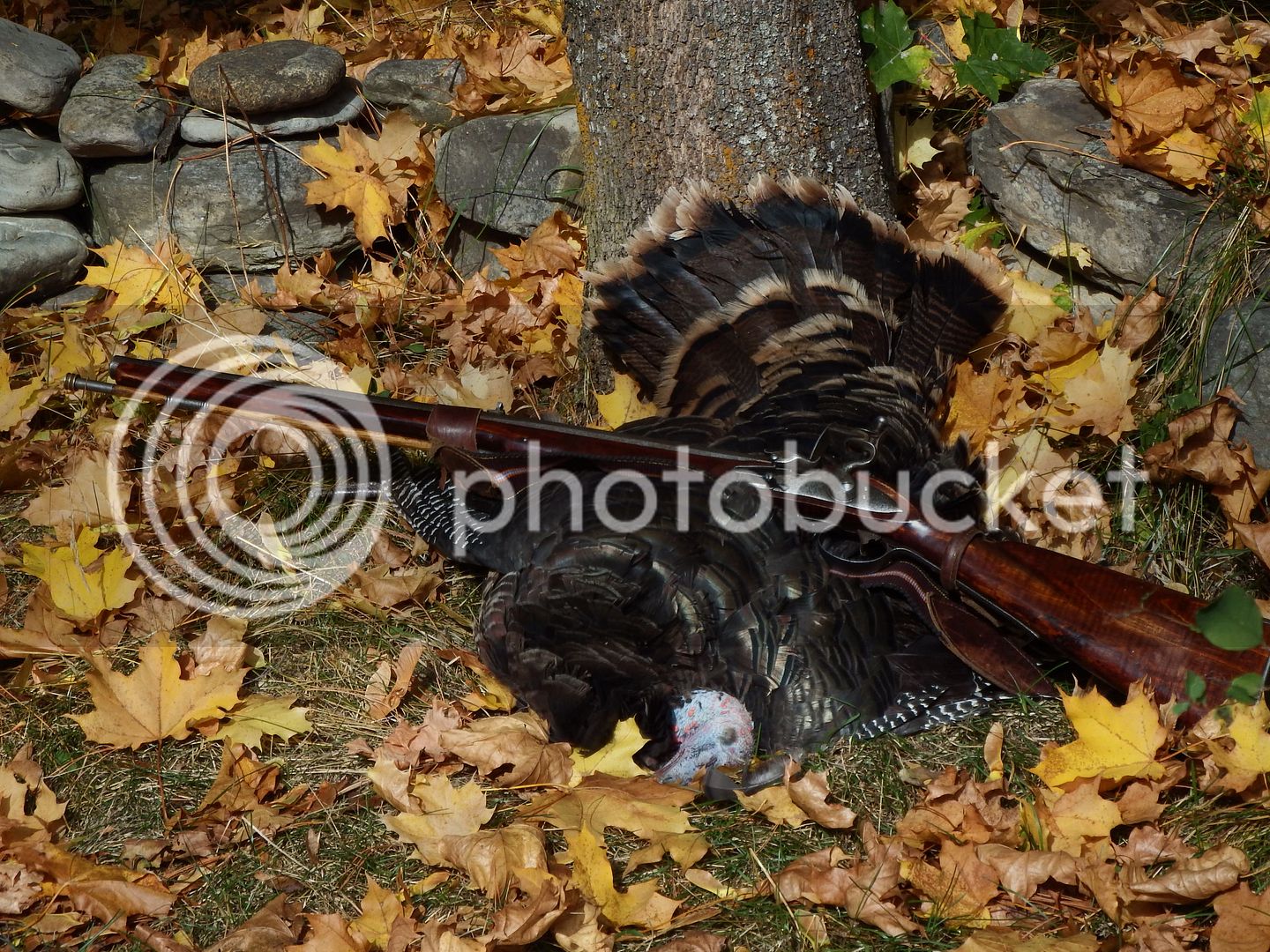Irrespective of the "gun" used, it's safe usage is dependent on the "awareness" of the shooter
When you hunt with your flintlock, you are depending on a small piece of metal, the tip of the sear, to remain unbroken, and thus hold the cock from striking the frizzen until you pull the lock into the "full cocked" position, where it continues to hold the lock's action, until the trigger is pulled.
A hunter may pull his lock into the full-cocked position in a quick manner, while keeping an eye on the quarry, and bring his piece up to his shoulder and sight down the barrel. Now if moisture has caused a swelling of the lock mortise, and the interior wood prevents the sear from moving into the notch for the full position... the hammer stall will keep the lock from causing an accidental discharge when the hunter releases the cock to move his hand to the trigger, and the lock doesn't remained fully cocked.
If the tip of the sear has been damaged so that it will not hold at full cock, but engages enough at half cock to hold the lock at that position, the hunter may not know of the damage. Thus when shouldering the rifle and pulling the lock to full cock, when the cock is released so that the hunter may reach to remove the hammer stall, the cock will fall and again, an accidental discharge will not happen. I've seen locks that had damaged sear tips, that seemed fine but would not reliably hold at full cock. Some dropped immediately; others would old for a second or so...
Finally, for those who go aloft to hunt, should the worst happen, and the loaded flintlock is dropped, it will probably travel butt first toward the ground, with the muzzle pointed upward at the hunter. If the cock is struck by a branch or in some cases a climbing rung, as the gun plummets to the earth, the sear may snap and the piece fire. The same is true if for some reason upon impact with the ground, the lock fails to remain at half-cock due to the jarring impact...again it will discharge upward... toward the hunter...unless the hammer stall stops it.
And finally, surely we have all heard of the saying "...going off half cocked"??? Is this thought to be some fanciful saying...or perhaps it was a common enough thing that it crept into the vernacular?
There are many, I am sure, who choose not to use it, but it is not a case of overcaution for those that do choose to use the hammer stall.
LD
Last edited by a moderator:








